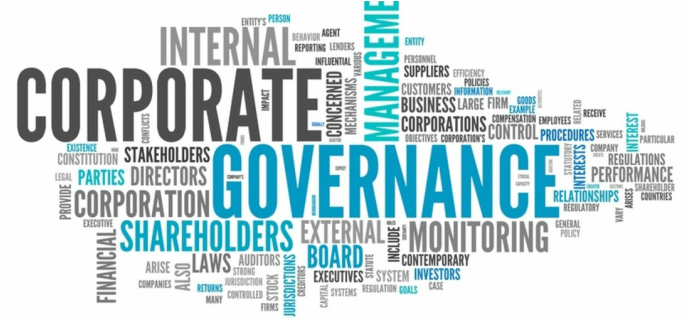|
When Theresa May went on record recently, the key message for boards was that they needed to pull their socks up lest additional structural measures including employee directors become a requirement for UK companies. Much of the commentary was aimed at the boards of publicly-listed companies, in an attempt to curb (perceived and real) corporate excess in the form of excessive remuneration; hubris; and, a flagrant disregard of some stakeholders. Today, ICSA: The Governance Institute announced that it had written to the Prime Minister calling for the boards of privately-held companies to be held to the same levels of accountability and disclosure as publicly-listed firms. This request seems perfectly reasonable, especially as the UK Companies Act 2006 applies to all companies. The UK statute is clear: directors (actually, boards because it is boards that make decisions) are required to consider the long-term consequences of their decisions and the impact on employees and the community. Good practice suggests that boards should, amongst the things, keep shareholders informed (through the board's annual report to shareholders) of its activities. ICSA is right to raise the issue, but will enforced compliance with codes of practice fix the problem? If boards act within the law and in accordance with codes of practice as they pursue business objectives, then letters such as the one written by ICSA should not be necessary. But they don't. Some directors and boards take liberties. Enough examples have come to light in recent years (e.g., HSBC, FIFA, Volkswagen, Fonterra, Solid Energy, Toshiba and, most recently, BHS) to suggest that some boards knowingly run close to or beyond boundaries defined in law. But where does the real problem lie? Is it with the law, the principles-based codes of practice; the directors themselves; or, something else entirely? Consider this: The road toll has not declined as a direct result of increased enforcement measures but rather a change of behaviour—drivers choosing to driver safer vehicles more carefully. Are boards any different? If boards are analogous to drivers, probably not. Unless and until boards make a conscious decision to embrace company performance as an important priority, and to do so in accordance with both established law and published codes of practice, I suspect the media will continue to be gainfully employed. Finally, shareholders have an important and oft overlooked contribution to make. Recent experience suggests that greater care is needed in the appointment process, to ensure only suitably capable directors who are intent on acting in the best interests of the company are appointed to boards. In addition, shareholders should not overlook their right to hold directors to account including dismissing those who fail to discharge their legal duties or exercise requisite care and attention.
0 Comments
Leave a Reply. |
SearchMusingsThoughts on corporate governance, strategy and boardcraft; our place in the world; and other topics that catch my attention. Categories
All
Archives
May 2024
|
|
Dr. Peter Crow, CMInstD
|
© Copyright 2001-2024 | Terms of use & privacy
|


